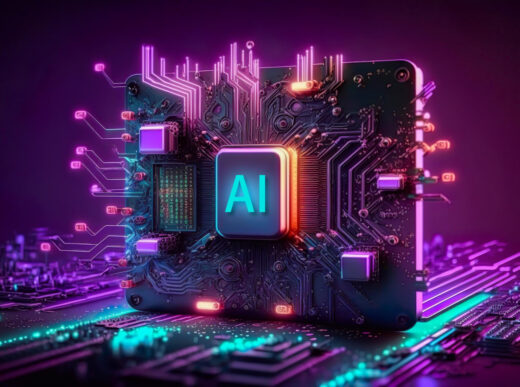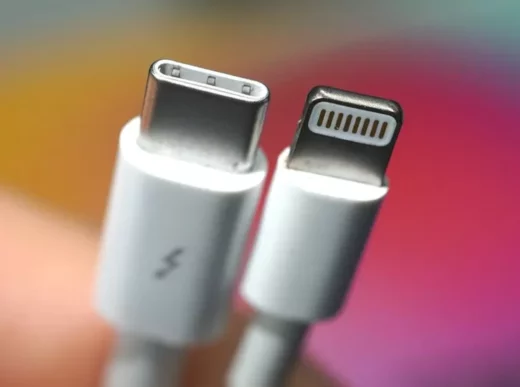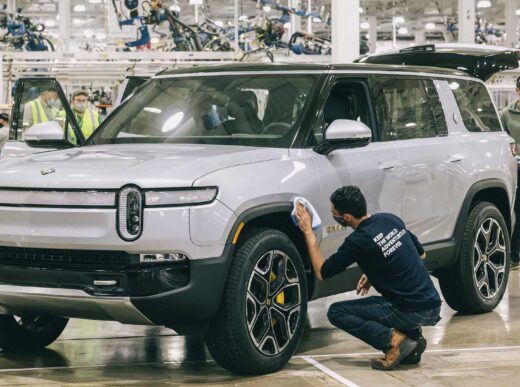The focus of the EV industry will be more on the total cost of ownership (TCO) equation. A big contributor to the TCO equation is the cost of maintenance, which is where EVs stand to benefit significantly due to the fewer moving parts in an EV versus an internal combustion engine (ICE).
The EV industry will also need to focus on innovation that will make EVs more attractive to car buyers. This could include making EVs more fun to drive, such as having more horsepower and torque than ICE vehicles, as well as features such as self-driving capabilities, increased connectivity, and improved safety features.
Safety will continue to be a big focus for EV innovation. Autonomous emergency braking, lane-keeping assist, and navigation assistance are all areas of focus in EV safety. These features will help drivers remain safe and alert on the road.
Innovation in battery technology will play a big role in the EV industry in 2023. Battery companies will continue to focus on reducing costs and increasing energy density. Improvements in material science and manufacturing processes will reduce the cost of batteries and improve their energy density. This would in turn reduce the cost of EVs and increase their range, making them more attractive to consumers.
Finally, innovation in EV charging infrastructure will be a big area of focus for the EV industry in 2023. We can expect to see more public EV charging infrastructure in the form of EV charging stations and charging networks. This will encourage more people to switch to EVs as they will have more charging options. In addition, more innovative charging solutions, such as wireless charging, will become available to make charging EVs even more convenient.
Overall, the EV industry is set to enter an exciting period of innovation in 2023 with a focus on improving the total cost of ownership, making EVs more attractive to consumers, and providing better charging solutions. This should lead to a more widespread adoption of EVs and a brighter future for the EV industry.














